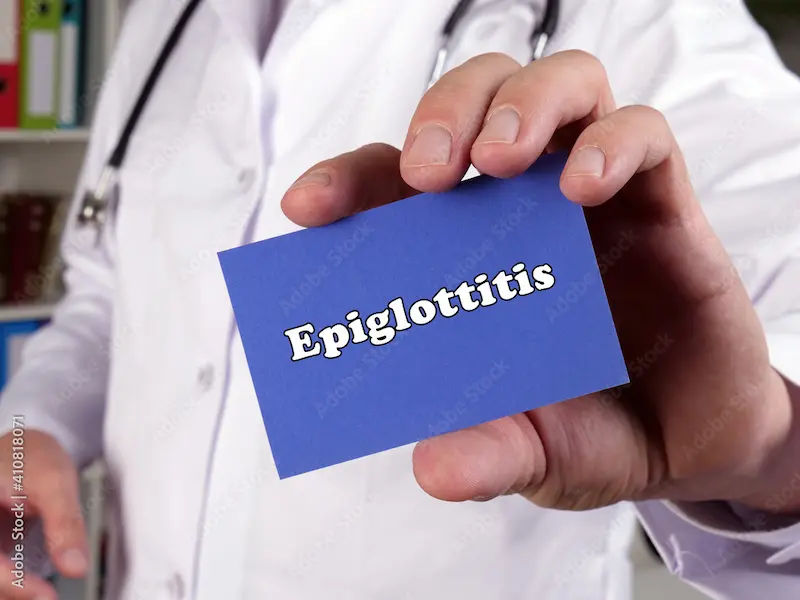Understanding Congenital Heart Disease and Its Aspects
Understand congenital heart disease, its types, causes, symptoms, and treatment options. Learn how early diagnosis and medical advancements help manage this condition effectively from infancy to adulthood.


Congenital Heart Disease (CHD) is a term used to describe heart defects present at birth. These defects can affect the structure of a baby's heart and how it functions. While the idea of a heart condition in a newborn can be overwhelming, understanding CHD can help parents and patients manage it better.
What is Congenital Heart Disease?
Congenital Heart Disease refers to one or more abnormalities in the heart's structure that develop before birth. These defects can range from simple conditions that may not require treatment to complex ones that need surgery or long-term care.
Consult a Top Cardiologist
Common Types of CHD
Below are the common types of CHD,
1. Atrial Septal Defect (ASD) – A hole in the wall (septum) between the heart's upper chambers (atria).
2. Ventricular Septal Defect (VSD) – A hole in the wall between the heart's lower chambers (ventricles).
3. Tetralogy of Fallot – A combination of four heart defects affecting blood flow.
4. Coarctation of the Aorta – A narrowing of the aorta, the main blood vessel carrying oxygen-rich blood.
5. Transposition of the Great Arteries – The positions of the aorta and pulmonary artery are switched.
Signs and Symptoms of CHD
Symptoms vary depending on the type and severity of the defect. Some babies show signs immediately after birth, while others may not show symptoms until later in life.
In Newborns & Infants:
Bluish tint to the skin, lips, or nails (cyanosis)
Rapid breathing or difficulty feeding
Poor weight gain
Excessive sweating, especially during feeding
Fatigue or irritability
In Older Children & Adults:
Shortness of breath during physical activity
Fatigue easily
Swelling in hands, ankles, or feet
Irregular heartbeats (arrhythmias)
What Causes Congenital Heart Disease?
The exact cause is often unknown, but certain factors may increase the risk:
Genetic Factors:
Family history of CHD
Chromosomal abnormalities (e.g., Down syndrome)
Maternal Health & Environmental Factors:
Viral infections (like rubella) during pregnancy
Poorly controlled diabetes in the mother
Smoking, alcohol, or drug use during pregnancy
Certain medications taken during pregnancy
How Does CHD Affect Health?
If left untreated, CHD can lead to complications such as:
Heart failure – The heart struggles to pump blood effectively.
Arrhythmias – Irregular heartbeats that can be dangerous.
Pulmonary hypertension – High blood pressure in the lungs.
Stroke – Due to blood clots forming in the heart.
Delayed growth & development – Especially in children with severe CHD.
Diagnosis & Treatment Options
Below are a few diagnosis and treatment options for congenital heart disease,
Diagnosis:
Fetal Ultrasound – Can detect some heart defects before birth.
Echocardiogram – Uses sound waves to create images of the heart.
Electrocardiogram (ECG/EKG) – Measures the heart’s electrical activity.
Chest X-ray & MRI – Helps assess heart structure and function.
Treatment Options:
1. Medications – Help manage symptoms, improve heart function, or prevent clots.
2. Catheter Procedures – Minimally invasive techniques to repair certain defects.
3. Open-Heart Surgery – Required for complex defects to correct structural issues.
4. Heart Transplant – In rare, severe cases where the heart cannot be repaired.
Living with Congenital Heart Disease
With advancements in medical care, many children with CHD grow into healthy adults. However, lifelong monitoring and care may be necessary.
Tips for Managing CHD:
Regular Check-ups – Routine visits to a cardiologist are crucial.
Healthy Diet – Focus on heart-healthy foods like fruits, vegetables, and whole grains.
Staying Active – Moderate exercise as advised by a doctor helps maintain heart health.
Avoiding Infections – Some CHD patients are at higher risk; vaccinations and hygiene are important.
Emotional Support – Counseling or support groups can help patients and families cope.
When to Seek Medical Help?
If you or your child experience:
Severe shortness of breath
Fainting spells
Sudden swelling in the legs or abdomen
Extreme fatigue or bluish skin
Seek immediate medical attention.
How Apollo 24|7 Can Help
If you suspect a heart condition or need expert care, Apollo 24|7 offers:
Expert Pediatric & Adult Cardiologists
Advanced Diagnostic Tests
Personalized Treatment Plans
You can book a consultation or schedule a test easily through the Apollo 24|7 app or website.
Conclusion
Congenital Heart Disease may sound scary, but with early detection and proper care, many patients lead fulfilling lives. If you have concerns about heart health, don’t hesitate to reach out to a specialist.
Consult a Top Cardiologist
Consult a Top Cardiologist

Dr. Tripti Deb
Cardiologist
40 Years • MBBS, MD, DM, FACC, FESC
Hyderabad
Apollo Hospitals Jubilee Hills, Hyderabad

Dr. Sushith C
General Physician
2 Years • MBBS
Bengaluru
PRESTIGE SHANTHINIKETAN - SOCIETY CLINIC, Bengaluru

Dr. Bhethala Sharan Prakash
General Physician/ Internal Medicine Specialist
5 Years • MBBS MD
Bengaluru
PRESTIGE SHANTHINIKETAN - SOCIETY CLINIC, Bengaluru

Dr. Anand Ravi
General Physician
2 Years • MBBS
Bengaluru
PRESTIGE SHANTHINIKETAN - SOCIETY CLINIC, Bengaluru

Dr. Sumanjita Bora
Cardiologist
9 Years • MBBS, PGDCC
Bengaluru
Apollo Clinic, Sarjapur Road, Bengaluru




